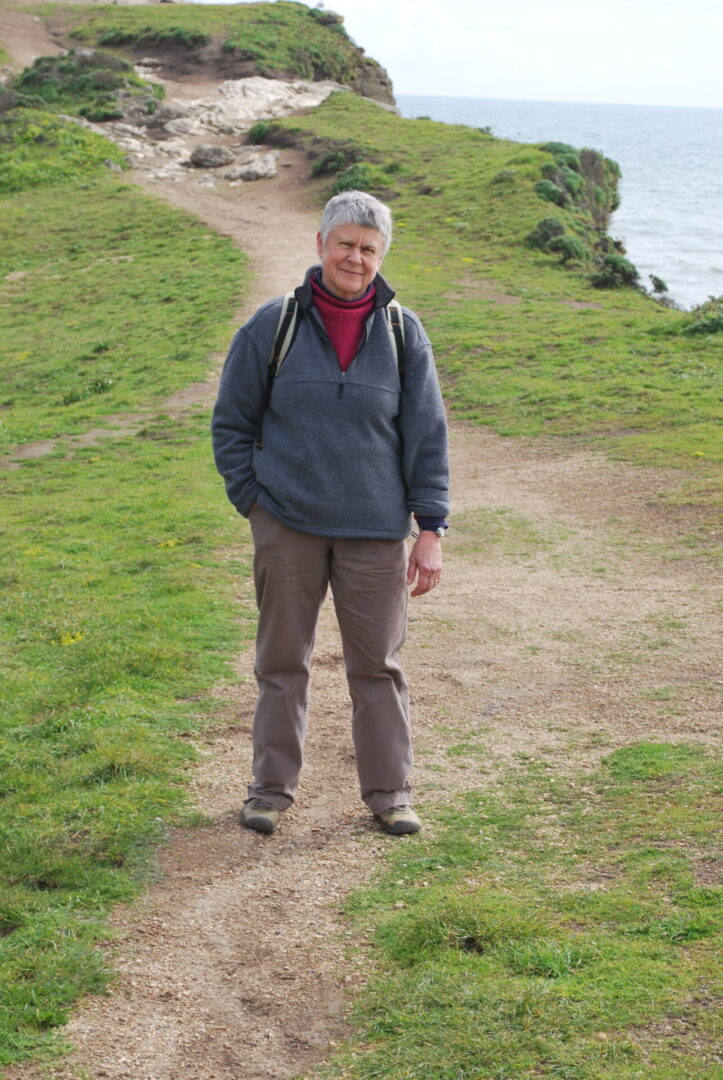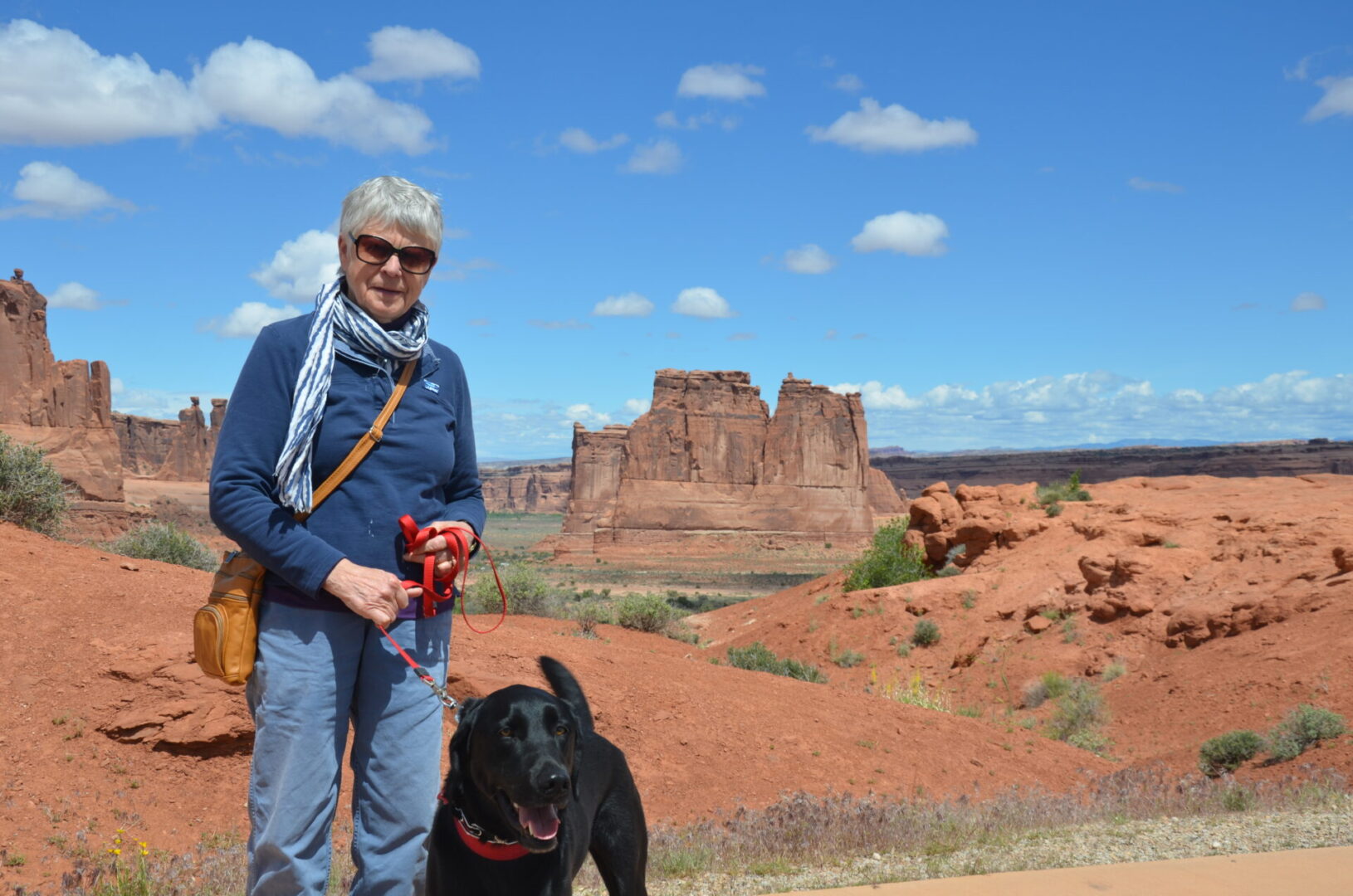
Biography
Catherine Bell grew up in New England in a world that seemed quite sure of itself while being wrong about many important things. She has written a number of stories about that experience. An early reader, she found in fiction an exposure to other people's lives that penetrated apparent certainties and opened a wider world. Good schools and colleges prepared her to recognize good writing and thinking. She credits occasional work as a gardener, cook, checkout girl, waitress, secretary, freelance writer, and schoolbus driver with teaching her how to navigate that wider world.
Bell trained as a teacher and taught through the Peace Corps at the University of Brasilia, and in American inner city public schools. As a long-time International Baccalaureate English teacher at Washington International School, she loved reading great literature with teenagers, who always had something fresh and consequential to say about writers like Tolstoi, Austen, Shakespeare, Wilfred Owen, Langston Hughes, and Leslie Marmon Silko.
Life in Europe, South America, and both coasts of North America has drawn Bell's attention to cultural differences. What do we make of strangers? What triggers a sense of common humanity? Culture clashes, even within families, tend to appear in her fiction. She has published some twenty stories in journals such as Green Hills Literary Lantern, Sixfold, The Northern Virginia Review (prose award, 2014), Solstice, South Carolina Review, Saranac Review, Concho River Review, and Hayden's Ferry Review. Rush of Shadows is her first novel.

INTERVIEW
It was a feeling I had as a child, some kind of pressure that was relieved by writing something down. I still have that. I mostly wrote poetry as a teenager. I wrote a lot and was one of the editors of my high school literary magazine, which encouraged me to feel that writing was interesting and important.
This wasn't my move. Publication is a matter of other people finding your work valuable. I began submitting for publication because I wanted the work to be read, so that it would exist more fully, and I wanted the validation, the sense that what intrigued me, and the skill I could muster to express it, was also worth something to others.
I want them to be involved in the story and characters. The point is that stories provide vicarious experience that is useful in life, that widens and deepens our own scope. Through literary characters we can have experiences we would never have time and space for in our individual lives, and those experiences count. I don't have to murder an old pawnbroker with an axe and wander the streets of St. Petersburg myself; I know exactly what it's like, because I've done it with Dostoevsky's Raskolnikov. I've been to the Vietnam War with Tim O'Brien, and I know how crazymaking truth and memory can be. I've had the pleasure and experienced the drama of forging a genuine relationship with Mr. Darcy despite the welter of idiocies that constitute the society of Pride and Prejudice. We're bigger because of what we read.
Writing is like reading, only more so. A good book is interesting, absorbing, transporting. It's enlivening to have an alternate world to live in. I love research – finding out about things. It's addictive; you have to know when to stop. Writing is hard, so there is plenty of scope for the challenges and pleasure of craft. Exercising the imagination is a huge pleasure in itself. It stimulates all kinds of ideas. Sometimes a problem with the structure or a character drives me crazy for a while, but I am nearly always happy writing. I suppose that's because I'm not really here, concerned with myself; I'm somewhere else. I love it when somebody understands and is moved by something I've written.
It can be very hard to find enough time to write. Most of us are working hard at something else, since for most of us writing – at least totally free, imaginative writing - doesn’t really pay – not much, or not yet. And then there's family life. I'm always fumbling for a scrap of paper in the car, in church, in the movies, at a party, in bed, to write a few urgent notes that can't wait until I'm sitting at my desk. It's possible to be so seized by a story – especially one that's close to the bone of unresolved issues in your real life – that it takes you over, wakes you up at night, and you can't live until you resolve it or get it into some shape you can live with.
I'd say it's not a field, it's a way of life. As a music teacher once told me about music, if you can do anything else, don't do this. Don't write unless you have to, unless you absolutely cannot do anything else. It's not a profession. There are standards and practices and gatekeepers but there are no rules. You're going to be like the Fool in Shakespeare's King Lear. You have to entertain, and at the same time you can't do anything but tell the truth as you see it. That's an essential part of saving the world, but don't expect to get much credit or have an easy time of it.
I take a long walk with a dog every day, which is when a lot of unconscious thinking comes to the surface. Writers' workshops are useful in getting work read and learning to endure and use criticism. I've been in a monthly writers' group for twenty years now, where we read each other's work. The exposure and criticism and support are indispensable.
(Infinite House of Books, Virtual Book Tour)
